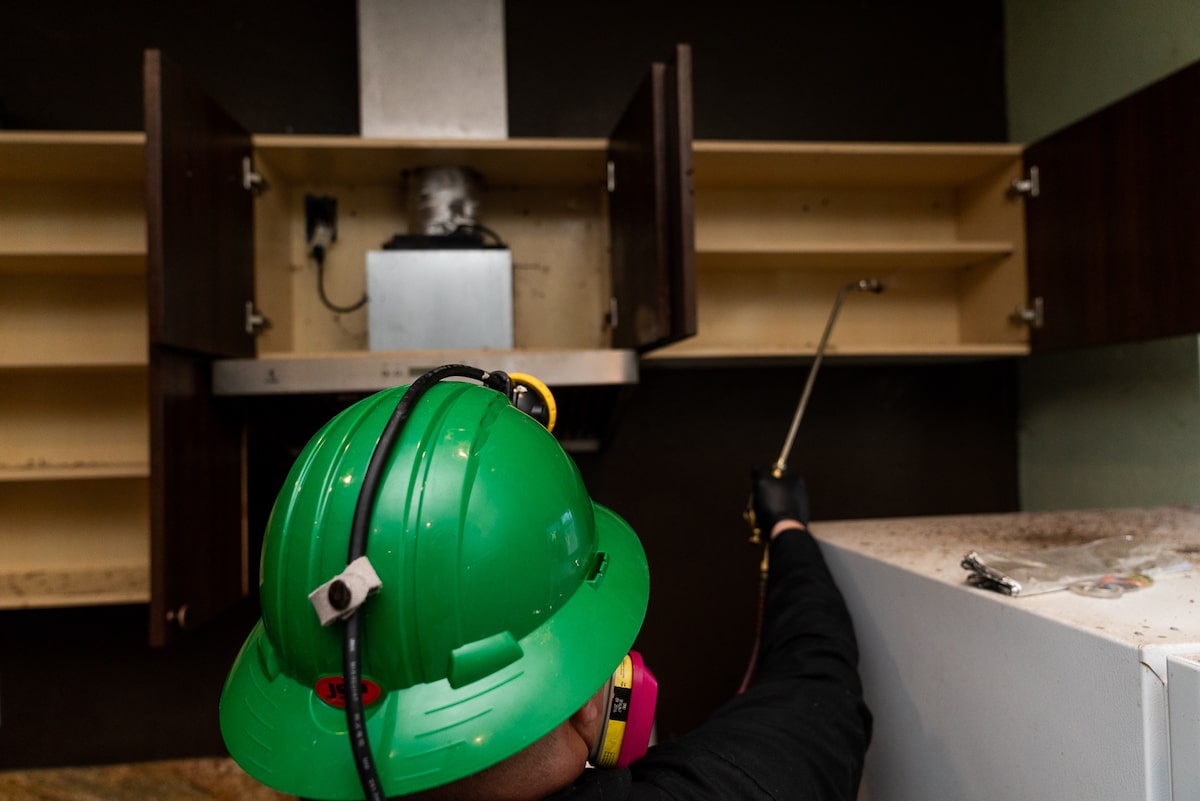

If your home-service company is like many others, it relies on a steady stream of customer calls to stay in operation. And if your phone stops ringing, your business could be at risk. But what if there was a way to put your finances on autopilot, allowing your company to weather even the worst of off-seasons? That’s the type of effect recurring service agreements can have on businesses that make house calls.
If you haven’t used recurring service agreements, or aren’t sure how they apply to your business, we’ll cover some essential tips to help you learn how to sell recurring service agreements to your customers.
Though the specific format can vary by industry, recurring service agreements (sometimes called service maintenance agreements) generally refer to a document that outlines an ongoing arrangement between a business and a customer.
Recurring service agreements can help your customers get routine maintenance that doesn’t require emergency calls. Your customers can rest well knowing that their appliances will run smoothly. In addition, there are opportunities for upsells, meaning that when your customers have older appliances, you can suggest replacements or upgrades and charge for the installation.
Recurring service agreements are nothing new, although they’re most commonly associated with the telecom industry, where internet providers use them to ensure the reliability of their clients’ connections. Now that more aspects of the economy are shifting toward subscription-based services, more businesses are offering recurring service agreements—including a growing number of companies in home-service industries.
The biggest benefit of offering recurring service agreements is, of course, the recurring revenue that your business stands to earn from your customers—especially when there’s little to no extra effort required on your part. But recurring service agreements also offer other advantages to your company and its clients. Here are a few:
Depending on your industry, the terms of your recurring service agreement could vary wildly from another type of home-service company. For instance, in HVAC, electrical, plumbing, and pest control, the role of recurring service agreements is similar to a warranty. Your customers make monthly payments as a form of insurance should an issue arise.
On the other hand, for carpet cleaners, maid services, window washers, and similar businesses, recurring service agreements revolve around recurring services that are generally performed on a monthly or quarterly basis.
Offering the best customer service can increase the chances of your customer wanting recurring service from you. Try not to be pushy with the way that you sell. Coming from a genuine place will increase the likelihood of a “yes” from your customer.
This starts with building a strong relationship with your customers and agreeing to a recurring maintenance schedule.
Based on the type of services your business offers, your standard recurring service agreement could follow a variety of formats. Generally, all maintenance agreements should include these things:
When it comes to selling customers on a recurring service agreement, the single most important factor is how your employees talk about the agreement’s terms. If your workers use language that’s too loose, it could leave elements of the agreement open to interpretation, which might lead the customer to feel misled when they read the fine print.
And if your technicians only mention the monthly cost to customers (without highlighting any of the recurring service agreement’s advantages), your customer will be less likely to consider the recurring service agreement seriously. That’s why it’s so important to train your team members on how to position your recurring service agreements.
If you need help with how to onboard your employees to sell recurring service agreements, here are a few tips you might find useful.
In addition, when you have missed calls, you can turn them into revenue using a call answering service like HCP Assist. And because it’s a 24/7 answering service, you can grow your business without always being on the job. Take breaks knowing we’ll have your back.
For home-service businesses that are new to the concept of selling their services as an ongoing arrangement, choosing the best time to talk about the topic with customers can be a challenge.
So when’s the best time to bring up your recurring service agreement—before, during, or after completing a job? The right answer can vary based on pricing, ease of sign-up, and the sales skills of your workers. That said, by introducing your recurring service agreement at the end of a job, you’ll have the chance to crunch the numbers and show them how much they can save on their service by signing up for a recurring service agreement that day.
If you want to sign up as many customers as possible on a recurring service agreement, make the decision a no-brainer. One of the best ways to do this is by offering your customers additional incentives to increase the value of your recurring service agreement. With that in mind, here are a few benefits to offer customers to encourage them to sign on the dotted line.
By offering your services as part of a recurring service agreement, you can put your income on autopilot and earn more money than you would by waiting around for the phone to ring. So instead of depending on inbound calls to stay in business, embrace a subscription-based model to boost your bottom line.
Housecall Pro’s recurring service plan can help you create a loyal customer base that brings in recurring revenue throughout the year. This simple feature can be set up through our mobile app or on your desktop computer.
The mobile version allows you to show customers the recurring service plans and sell directly to them when you are out working in the field. You can also track and manage all recurring service plans, create different plans for your customers, and save them to your Housecall Pro account. This will help you combat “slow seasons” and earn you recurring revenue all year long.